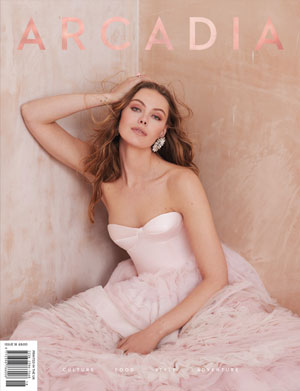Roulette has long been associated with luxury, extravagance, and high stakes. The game has been featured prominently in popular culture, from James Bond films to advertisements for high-end casinos. This glamourization of roulette has contributed to its enduring appeal and mystique. In this article, we will explore the history and evolution of roulette, as well as the reasons behind its status as a game for the elite. We will also examine the psychological and social factors that make roulette so attractive to some players.
The Origins and Evolution of Roulette
Roulette is believed to have originated in France in the 18th century, with the modern version of the game developing in the 19th century. The game is said to have been invented by mathematician Blaise Pascal, and its name derives from the French word for “little wheel.” Over the years, roulette has evolved to include various versions, such as American, European, and French roulette, each with its own unique rules and gameplay.
Roulette quickly spread to other parts of Europe and eventually to the United States, becoming popular among high society and attracting wealthy patrons to casinos. Today, roulette is a staple in most casinos worldwide, and its popularity has only grown with the rise of online gambling. The game has also inspired various adaptations, such as electronic roulette and live dealer roulette, which can be played online in real-time with a live dealer.
In the early days of roulette, the game was associated with luxury and exclusivity, attracting the wealthiest members of society to the casinos where it was played. The game’s association with glamor and sophistication has continued to this day, with popular culture often depicting roulette as a game played by the wealthy and powerful. This association with luxury and exclusivity has contributed to the continued allure of roulette for many people.
The Attraction of Roulette
The allure of the spinning wheel and ball in roulette lies in the excitement and unpredictability of the game. The visual spectacle of the spinning wheel and ball adds to the suspense and drama of the game, drawing in players and spectators alike. The sound of the ball bouncing around the wheel and the anticipation of where it will land is a key element of the appeal of roulette.
The potential for big winnings and high stakes is another attractive aspect of roulette. With the possibility of winning up to 35 times the original bet, roulette offers the potential for significant payouts, even when playing roulette online. This accessibility has made it easier for people to experience the excitement of roulette, from their own homes, regardless of their social or economic status. Additionally, the high stakes and risk involved can add to the excitement of the game for some players, creating an adrenaline rush.
The social and cultural significance of roulette in popular culture has also contributed to its attraction. Roulette has long been associated with luxury and exclusivity, with images of wealthy individuals playing in high-end casinos. This association with wealth and sophistication has contributed to the perception of roulette as a glamorous game played by people of luxury. The game has also been featured in numerous films and other media, further cementing its place in popular culture.
Roulette in Popular Culture
Roulette has been prominently featured in many movies and TV shows, often portraying it as a game of luxury and high stakes. Films such as “Casablanca” and “The Sting” feature scenes of characters playing roulette in glamorous settings, while TV shows like “Boardwalk Empire” depict the game as a staple of the prohibition era. These depictions have contributed to the perception of roulette as a game for the elite and wealthy.
The use of roulette in advertising and marketing has also contributed to its glamourization. Luxury brands often use the game as a symbol of sophistication and exclusivity, linking their products to the high-stakes world of roulette. In addition, casino advertisements often highlight the potential for big winnings and the excitement of the game, further enhancing its allure.
Roulette has also had a significant impact on fashion and luxury lifestyle branding. The game’s association with wealth and glamor has been leveraged by fashion brands and designers, who use roulette themes in their collections and branding. For example, the iconic fashion house Christian Dior has used roulette motifs in its accessories, while luxury watch brands like Jaeger-LeCoultre and Jacob & Co have released roulette-themed timepieces. This trend has contributed to the continued glamourization of roulette and its association with high-end fashion and luxury.
Key Takeaways
Roulette has been an iconic game that has captivated people’s attention for centuries. The allure of the spinning wheel and ball, the potential for significant winnings, and its exclusivity in its early days have made it an attractive game for high rollers and people who enjoy luxury lifestyles. It has also been portrayed in popular culture, including movies, TV shows, and advertising, as a symbol of sophistication and glamor. While the accessibility of online roulette has made it available to more people, its continued glamourization in media and entertainment suggests that it will remain an enduring icon of luxury and exclusivity. Ultimately, the appeal of roulette lies in its ability to offer a thrilling and exciting experience, regardless of whether someone is playing for fun or to win big.







